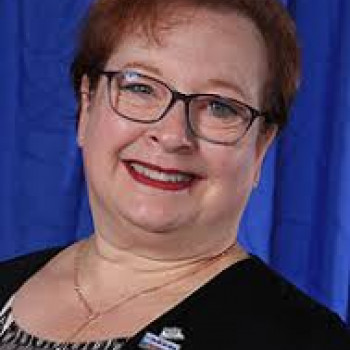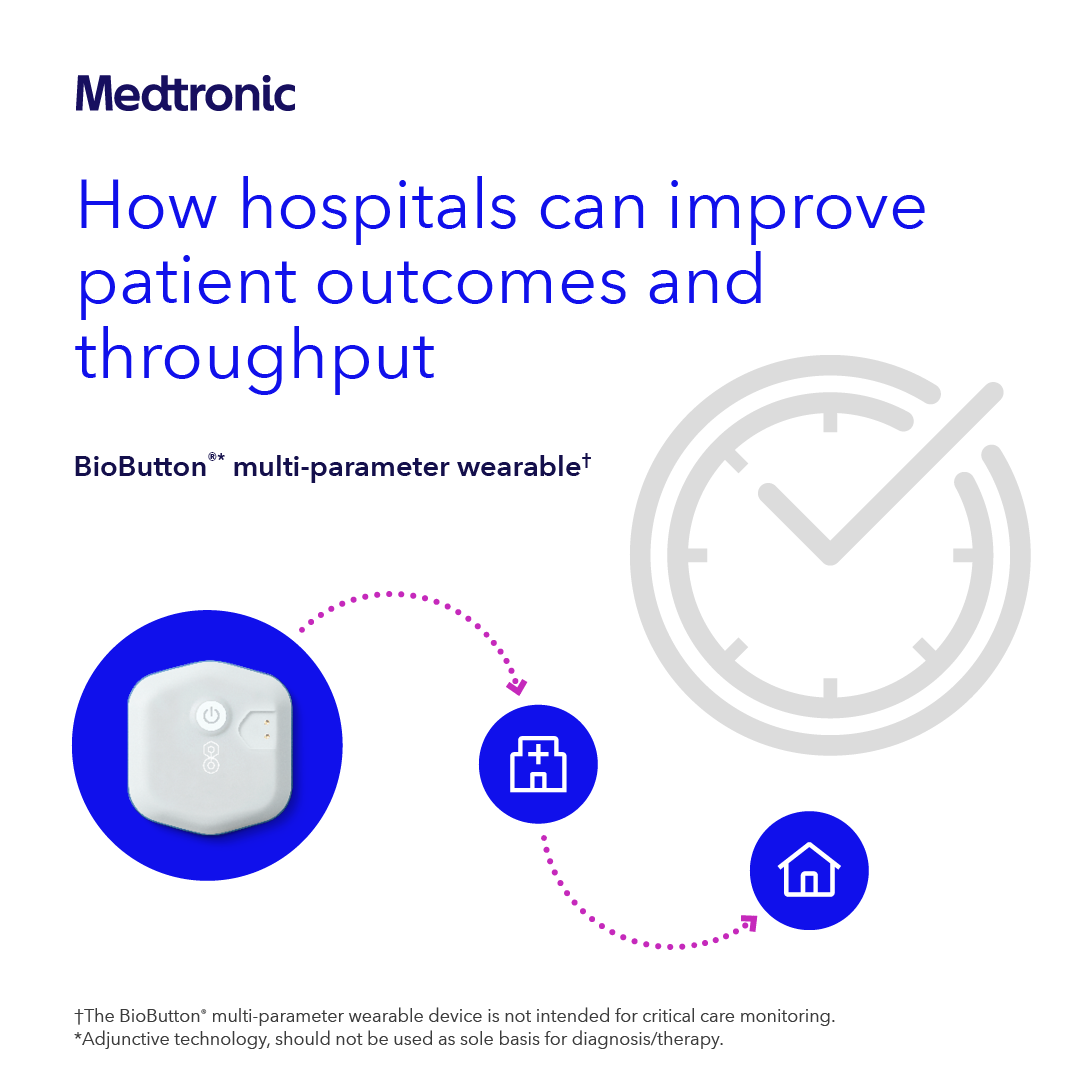
June has had a long history of celebrations with weddings and graduations; of freedom with the celebration of Juneteenth; and of personal and social rights with the celebration of Pride month. Unfortunately, nursing hasn’t always celebrated the differences that make us stronger as a profession. We have, on occasion, denied our colleagues the freedom to be themselves in the practice setting and failed to acknowledge the personal and social rights of the members of our profession.
I have a colleague who has told stories about increasing stress and anxiety after informing other members on the nursing team of his identification with the LGBTQIA community. Rather than a feeling inclusivity and freedom to be himself, my colleague described being subjected to a hostile and often homophobic environment, even to the point of being told by a nurse leader to “stop acting so gay."
Nursing is supposed to be the essence of caring and yet more than 50% of persons identifying as being LGBTQ reported hearing jokes in the work setting about lesbian or gay individuals according to a study completed just last year (Fidas & Cooper, 2018). This essence of caring is such an important part of our profession that it is the first standard in the Nursing Code of Ethics which charges nurses to care for others, including their colleagues, with compassion and respect (American Nurses Association, 2015).
Perhaps the issue is not so much that nurses wish to be exclusive to those who identify as part of the LGBTQIA community but instead an unawareness of the unique culture, language, and barriers that members of this community face.
Here are a few things nurses can do to increase awareness and cultural competence: • Promote an inclusive practice environment. An inclusive practice environment decreases stress and burnout, while promoting feelings of safety and ultimately, improved patient outcomes. • Recognize the need for cultural competency training. Nurses can establish their own LGBTQIA clinical competence as well as spearhead the drive to increase cultural awareness of everyone in the organization. Multiple resources are available that use a variety of learning modalities including in-person training, webinars and learning modules (see insert). • Interprofessional collaboration. Nurses can lead committees made up of multidisciplinary healthcare team members in developing processes and nondiscriminatory position statements that create an environment of inclusivity. • Discuss barriers and needs. Nurses can engage in open and frank discussions with members of the LGBTQIA community regarding the use of preferred pronouns, medical and psychological issues faced. • Engage in advocacy. Nurses can work to promote and welcome the presence of the family of choice of a colleague who identifies as part of the LGBTQIA community as a part of company activities.
My colleague eventually left nursing because of the increased stress and hostility of the workplace. It is heartbreaking, not just because of the loss of a member of our profession, but also because what he faced somehow diminished the light that was within him. He was never the same vibrant personality but instead became wary and withdrawn. As nurse leaders, each of us can work to transform the healthcare setting to one of inclusion, respect, caring and nondiscrimination. Are you willing to start the journey?
The Med-Surg Moments: The AMSN Podcast Friday 21st edition discussed issues affecting the LGBTQ community and med-surg nursing professionals. Get the episode everywhere you get your podcasts, or visit here: www.medsurgmoments.org
More Helpful Information / Links: Gay and Lesbian Medical Association: Health professionals Advancing LGBT Equality. http://www.glma.org Lavender Health. https://lavenderhealth.org National Coalition for LGBT Health. https://healthlgbt.org National LGBT Cancer Network. http://cancer-network.org Services and Advocacy for Gay, Lesbian, Bisexual and Transgender Elders (SAGE). www.sageusa.org



